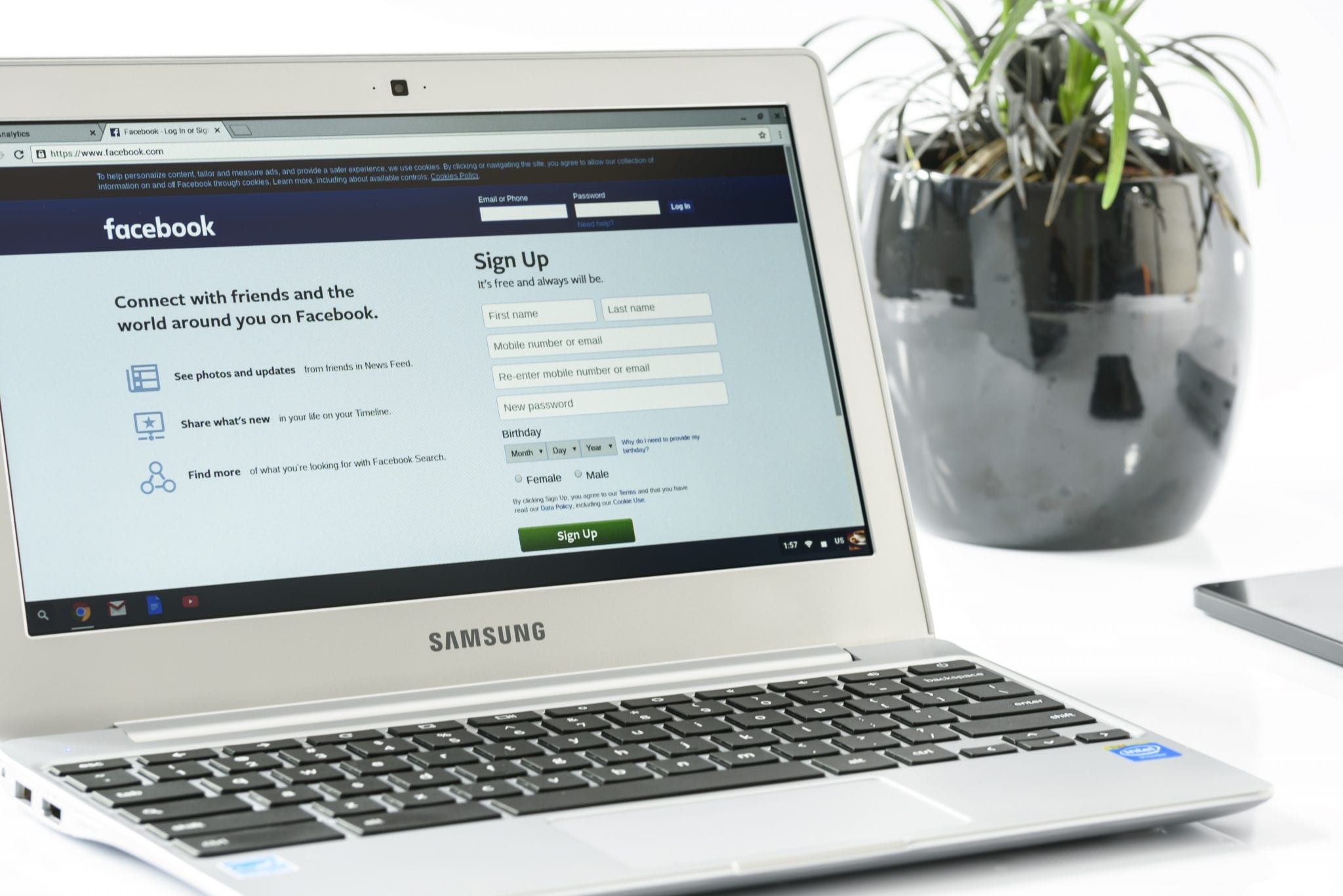
Modern reliance on technology by most companies today means that the same devices that we use for work are also where we get our distractions. Some say it’s not your fault if you often fall victim to technology — many of us have. But come on, you are in charge of yourself, even if the nature of the technology is a constant connection.
While it may seem like the only solution to manage your time is to spend it away from your devices (which does help, of course), that’s not always possible or even necessary.
Find the productivity you need with some of these hacks for time management that have been proven to work.
1. Stop Letting Tech Suck You In
The truth is that one reason technology distracts us so strongly is because it offers a comfortable, relatively predictable escape from our tasks. If you’re tired from being hard at work for a few hours, why not take a second to look at Instagram? One second can lead to an hour away from your responsibilities — and a lot of the time, it’s not because you’re distracted but rather because you want to relax. And as long as you’re fulfilling your responsibilities, don’t be afraid to enjoy what you enjoy on social.
Not letting tech suck you in can be done in many ways: cutting off work communications as soon as the day ends, working and relaxing in different rooms, etc. The most important thing is that after hours, you are giving yourself fully to your relaxation needs. When it’s time to return you’ll feel refreshed, alert, and much more able to focus because your needs have already been tended to.
2. Utilize Timers for Each Task
Realistically, the duration of any given task can vary in uniformity and length. But setting a timer creates a new psychological environment, one in which you are present for this amount of time and this amount only, regardless of how long it is. When the timer ends, you are free. Believe it or not, setting a timer requires focus, even if you aren’t sure about the length of time a task will take. However, your timer will help you focus and work faster and makes it easier to stay on task by providing this target of freedom.
Say you have a short story transcript to be edited by the end of the day. You don’t know how long it will take and are avoiding the task out of dread. Instead of scrambling at the last minute, set a timer for one hour, clear your mind of anything but the task (including the deadline), and begin. You’ll find the task to be a little easier when you know better how long it will take — and give a concentrated push to be finished.
3. Create an Environment for Focus
Alongside your timer, try to adapt your surroundings to the task at hand. Keep an open mind at this point because even the smallest change can make a difference for you. You can move a pen that you keep hitting with your arm or move all electronics out of your sight. Part of creating this environment can be put into action in advance as well, even just by outlining a plan for the day and setting the kinds of rules for yourself as mentioned in this article by Calendar.
To continue the previous example, let’s say you’re doing your transcript editing at home. To craft the ideal environment, you can turn off your electronics, dress comfortably, make a cup of tea, put on a sound generator in some sound-dampening headphones, and close everything on your computer but the transcript. Whatever makes you feel focused in your space will work best.
4. Steer Clear of Your Unique Distractions
Read up on distractions and take some notes about the ones that affect your time management. Here is a great list of distractions such as this one you can put far away from yourself. Your needs will likely be different from anyone else’s. Chances are, you have particular things that distract you uniquely more than others. It’s easy to forget these distractions are even there, or to get used to them in the space, without being freed from their influence. Take a moment to sit in your space and note everything that draws your attention in a distracting way.
These distractions can take the form of imagery to be changed, like a decoration on the wall, or a bright light shining through your window. Maybe you’ve found that your emotions are distracting you the most, in which case you can take a break to do some mindfulness exercises. You should do everything that you need to make this your space of focus, even if it seems strange or unconventional.
5. Experiment With Your Time Management System
Above all, managing your time is just that — managing your time for the sake of your own productivity. It’s easy to try different methods that many people use, but it can be difficult to stick with them because they aren’t tailored for you. You might find that what works best for you may even be the opposite of what you’ve heard (like letting yourself get distracted so you can come back with fuller focus). In the end, it doesn’t matter what you do as long as it helps you achieve your time management goals.
Remember, the objective is not to implement time-saving methods, but rather, succinctly, to save time itself. Try not to get caught up in common methods that aren’t helping just because they might down the line. The concept of a method that will always help everyone is one of many time-saving myths. Just sit down, look around, and do what you need to do to manage your time.
5 Unique Time Management Hacks That Have Been Proven to Work was originally published on Calendar by Deanna Ritchie.
Image Credit: Ono Kosuki; Pexels; Thank you!



